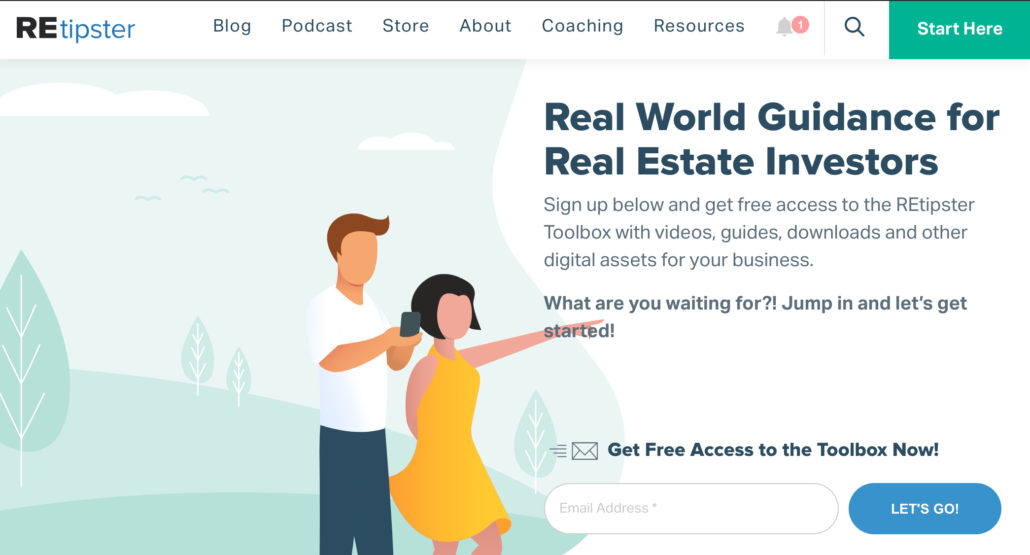Is Buying an Older Home a Good Idea?
There’s a certain feeling to older homes, and it’s one that can’t be replicated. The sense of history, the character, the craftsmanship — stepping into old homes is like stepping into another time.
While we relish in that sense of wonder, there’s a lot to consider from a homeowner perspective. As great as it is to visit a Victorian manor or beautiful house built 100+ years ago, is buying really worth it?
Buying an Older Home: Pros

Unparalleled Character
Like we said, it’s pretty spectacular to walk through an older home. For Victorian-style houses that are at least a century old, there’s something awe-inspiring in walking through a home that’s survived so much history.
People feel a deeper connection to the past and, to some degree, probably feel hopeful for the future. If this house can stand for so long, so can we. It’s hard to put this exact feeling into words, but anyone who has felt it understands why people love old homes. Their magic is absolutely a draw.
Incredible Craftsmanship
“They don’t make homes like they used to” isn’t just a saying, it’s kind of true. Victorian homes often have details that blow newer houses out of the water. And as we’ve said in past blogs, the devil is always in the details when it comes to how valuable a house is.
Old homes also have features that keep on pace with modern trends. Hardwood floors, unique tile, huge clawfoot tubs (if you’re lucky) — people are renovating their new homes to match these vintage styles!
Potential Value
From the character and craftsmanship to the historic value, old homes could be worth more than newer homes in the area (such as these homes in Wisconsin). This is also due to size — Victorian houses are typically bigger — and the need to preserve the property. Older houses in historic districts tend to fetch higher prices — great news for you when you’re looking to sell.
Buying an Older Home: Cons

Higher Price = Less Buyers?
When the price matches the condition, older, run-down homes are quick to sell. Houses in great condition (even if modernized) can sometimes struggle to find a buyer since their price is inevitably higher.
However, that’s not to say you’ll never sell if your old house is in tip-top shape. Some people even buy older houses to renovate them into commercial spaces. All the same, it’s good to note that an old house (especially a bigger one) may struggle to find the right buyer.
More Upkeep & Renovation
Lead pipes, asbestos, a crumbling foundation — these are the not-so-great parts of owning an old house. There’s a solid chance you’ll need to update the home with everything from light fixtures and wall sockets to adding air conditioning.
These renovations are both time-consuming and expensive. It’s worth noting that some cities provide grant money to restore a historic home. But if you want a no-muss, no-fuss home, an older property is not for you.
Have an older home that’s in great shape, but not selling? Feeling like your Queen Anne house has lost too much of its regality? Searching for a Victorian house with lots of potentials? You can have it all with RealtyHive.
We’ll happily list your home through a time-limited event and have tons of properties for you to sift through. Look through our listings or get started on selling with RH!





























